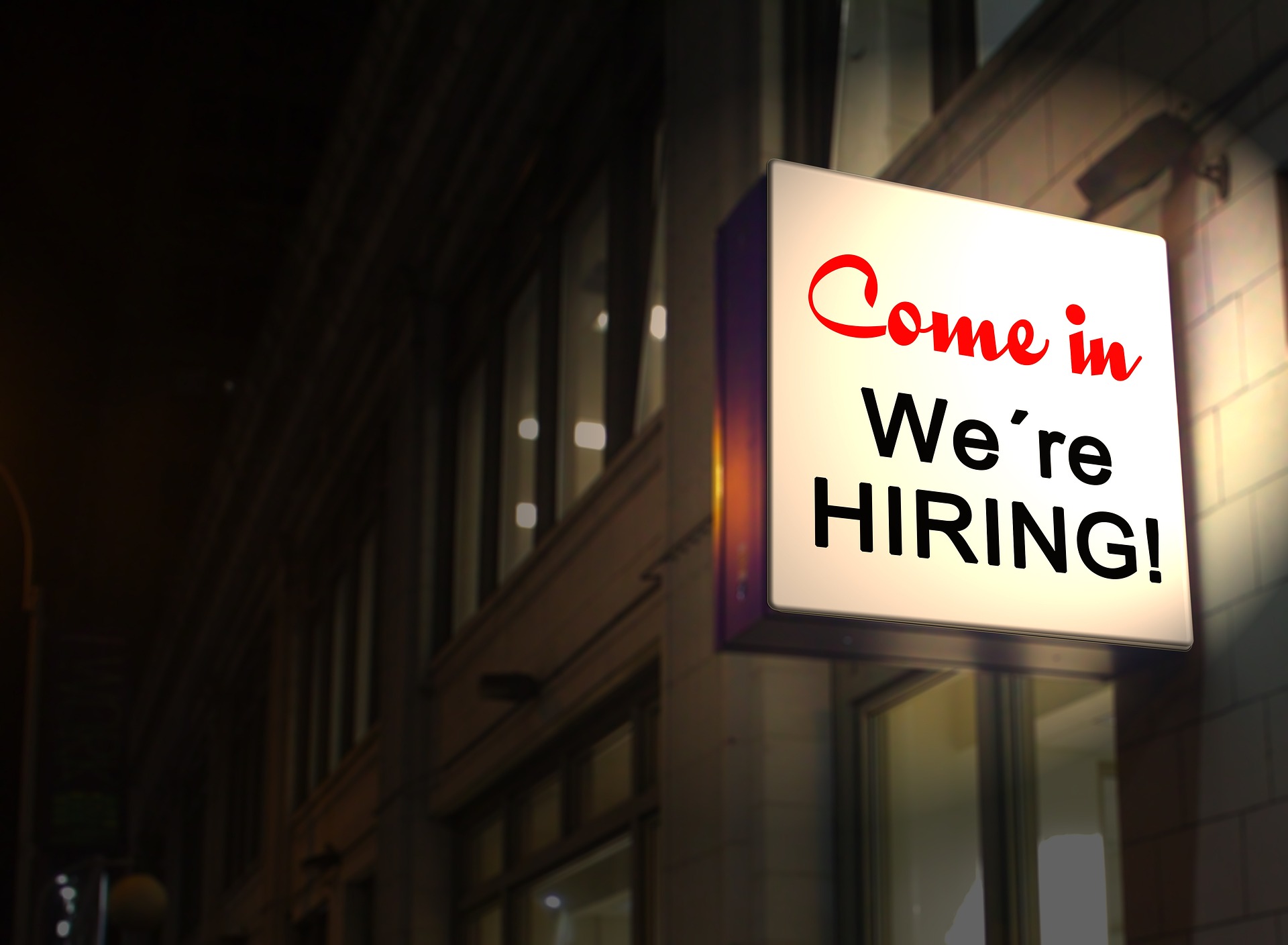Looking for Work? Here’s What to Know About Cleaning Jobs Abroad
Cleaning jobs have become one of the most common opportunities for people starting a new life or simply looking for stable work. These roles vary from hotels to offices and private homes, often offering flexible schedules and straightforward tasks. Find out what makes this industry so steady, what skills are truly valued, and how workers adapt in different countries.

Working abroad can be a life-changing experience, offering the chance to immerse yourself in new cultures while earning income. Cleaning jobs represent one of the more accessible entry points into international work, with positions available across numerous countries and settings. If you’re considering this path, it’s important to understand what these positions entail, how to find legitimate opportunities, and what skills will serve you best in this field. This guide explores the essentials of cleaning jobs abroad to help you make informed decisions about your international work journey.
What Types of Cleaning Jobs Are Available Abroad?
Cleaning work spans diverse environments, each with its own requirements and working conditions. Hospitality cleaning in hotels and resorts remains one of the most common opportunities, particularly in tourist destinations where seasonal staff are regularly needed. These positions often include housekeeping, public area maintenance, and sometimes specialized cleaning services.
Commercial cleaning offers another substantial sector, encompassing office buildings, shopping centers, and corporate facilities. These positions may provide more regular hours compared to hospitality work, though they frequently operate outside standard business hours.
Residential cleaning services, whether through agencies or private arrangements, represent another option. Some countries have high demand for domestic workers who handle cleaning along with other household duties. Additionally, specialized cleaning roles exist in healthcare facilities, industrial settings, and transportation services, though these often require specific training or certifications.
How to Find Reliable Cleaning Opportunities Internationally
Identifying legitimate cleaning jobs abroad requires careful research and verification. Reputable international job boards like Indeed Global, Workaway, and specialized hospitality job sites often list verified cleaning positions. Working with established recruitment agencies that specialize in international placement can provide an additional layer of security, though always verify their credentials and avoid those charging excessive fees.
Leverage social networks and expatriate communities online, as these can be valuable sources of information about local employment opportunities and employers to avoid. Facebook groups for specific countries or cities often contain job postings and first-hand accounts from other workers.
Before accepting any position, thoroughly research the employer, request a formal contract, and understand the legal requirements for working in your target country. Be particularly wary of opportunities that seem too good to be true or those requiring payment upfront.
Essential Skills That Help in Cleaning Work Abroad
Successful cleaning professionals develop several key competencies that make them valuable in any market. Attention to detail stands as perhaps the most fundamental skill, ensuring thorough completion of tasks according to standards. Physical stamina is equally important, as cleaning work often involves extended periods of standing, walking, bending, and lifting.
Time management abilities allow professionals to complete assigned tasks efficiently within allocated timeframes. Many positions require working independently with minimal supervision, making self-motivation and reliability critical traits. For those in customer-facing environments, basic communication skills enhance service quality.
Language proficiency, while not always mandatory, significantly expands job opportunities and improves workplace integration. Even basic conversational skills in the local language can make a substantial difference in day-to-day work experiences. Additionally, cultural adaptability helps workers adjust to different workplace norms and expectations across countries.
Daily Realities of Cleaning Professionals Working Internationally
The day-to-day experience of cleaning work abroad varies significantly depending on the setting and country. Work schedules may differ substantially from what you’re accustomed to, with early morning starts common in hospitality and evening shifts prevalent in commercial cleaning. Physical demands remain consistent across most positions, with repetitive tasks and extended periods on your feet.
Accommodation arrangements vary widely by employer and location. Some positions, particularly in resort areas or remote locations, include housing as part of the compensation package. The quality of this housing ranges considerably, from shared dormitory-style arrangements to private rooms.
Social aspects present both challenges and opportunities. While language barriers and cultural differences can initially create isolation, cleaning jobs often place workers alongside international colleagues, creating diverse workplace environments. Many find these connections become valuable support networks during their time abroad.
Why Cleaning Jobs Remain in Demand Across Countries
Cleaning services fulfill a fundamental need that exists regardless of economic conditions or geographic location. Several factors contribute to the consistent demand for these workers internationally. The global tourism and hospitality industry requires constant staffing, particularly in popular destination countries where high turnover creates regular openings.
Demographic shifts in developed nations have created labor shortages in service industries, including cleaning. As populations age and education levels rise, fewer local workers pursue these positions, creating opportunities for international workers. Additionally, the COVID-19 pandemic heightened awareness of hygiene standards, increasing demand for thorough cleaning services across sectors.
The essential nature of cleaning work provides relative job security even during economic downturns. While wages vary significantly by country and setting, cleaning positions often offer entry-level opportunities with potential for advancement into supervisory or specialized roles over time.
Legal Considerations for International Cleaning Work
Navigating work permits and visa requirements represents one of the most challenging aspects of international employment. Requirements vary dramatically between countries, with some offering specific programs for temporary workers while others maintain strict limitations. Research visa categories thoroughly before applying for positions, as working illegally carries serious consequences including deportation and future entry bans.
Worker protections also differ significantly across countries. Understanding basic labor rights in your target destination helps protect against exploitation. These include minimum wage laws, maximum working hours, overtime compensation, and health insurance requirements. Some countries extend full labor protections to foreign workers, while others maintain different standards for international employees.
Tax obligations present another consideration. Many countries require income tax payments regardless of citizenship status, and some have specific tax treaties affecting how international workers report income. Consulting with tax professionals familiar with both your home country and destination can prevent future complications.
Cleaning jobs abroad offer accessible entry points into international work experiences, providing opportunities to earn while experiencing new cultures. By understanding the types of positions available, researching opportunities carefully, developing relevant skills, and navigating legal requirements, you can make informed decisions about pursuing this career path internationally.




